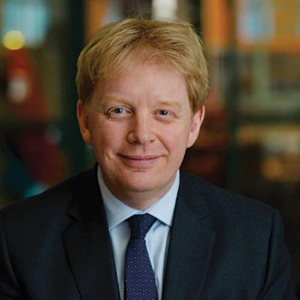The changing dynamics of DIY investors
The sixth annual survey by the global multi-affiliate manager Legg Mason paints an interesting new picture of the way individual investors – both advised and unadvised – are approaching their investment portfolios. There appear to be big changes on the way.
The results of the global survey of 16,810 investors across 17 countries, including Australia, show that the younger investors, such as millennials, are more likely to use advisors than the older cohorts, such as baby boomers. But they approach their investment strategies differently.
The survey is, perhaps, the largest and most detailed of its kind. Normally fund managers provide to the rest of the industry only aggregate numbers when they pay for this sort of research. Russell Investments, for instance, used to combine with the SMSF Association for an Australian version. But those two organisations did not offer up the same sort of granularity for the world to see as the Legg Mason survey.
Also, most fund manager-sponsored surveys are confined to either the institutional market – big super and pension funds – or wholesale – financial planners – because such surveys are cheaper and easier than reaching out to the amorphous mass of DIY investors.
Each of the 17 countries was allotted 1,000 respondents (Belgium could come up with only 810, sadly), which meant that the universe of respondents was not dominated by North America. Key results include:
- Investors remain relatively confident about the outlook for markets, despite the myriad of uncertainties
- Portfolios have shifted toward equities at the expense of property and cash
- Millennials – aged 20-35 having being born between about 1980 and the mid-1990s – have less in equities and more in alternatives, including ‘precious metals’ and are more likely to embrace both advisors and technology, and
- The benefits from using advisors are very clear. Their clients are more confident, have more investment knowledge, more balanced portfolios and a clearer retirement strategy than unadvised investors.
Andy Sowerby, the managing director of Legg Mason, Australia and New Zealand, said at a briefing in Sydney last week that there were differences between countries. Australian investors, for instance, were more confident about the outlook for markets than their overseas counterparts.
He said this might reflect the fact that the Australian share market had performed relatively well and Australia had stayed out of recession for many years. And investors generally were not as concerned about market volatility as you might have expected.
“Rather than being fearful of market volatility, many investors see this as a long term buying opportunity and say they would invest more in a market correction. Investors appear to be taking a more pragmatic assessment of risk,” Sowerby said.
– G.B.










